Sime Darby to invest $3.1 bln in Liberia project
- Reuters
- 20 May 2011
Company also in talks with the government of Cameroon on a project estimated to be worth $2.1 billion.
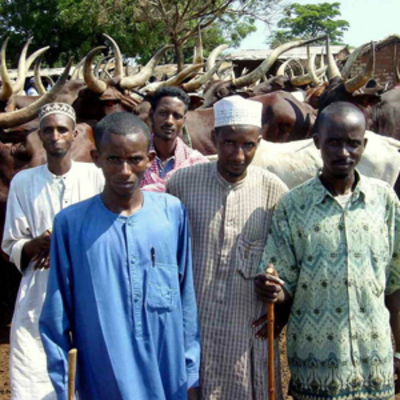
Company also in talks with the government of Cameroon on a project estimated to be worth $2.1 billion.
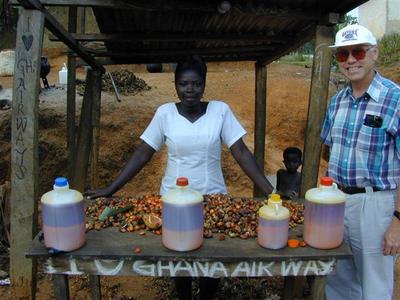
Southeast Asian palm oil firms like Malaysia's Sime Darby and Singapore's Golden Agri Resources are backpacking to Africa, in what could be the planet’s next trend-setter in inter-continental resource trade.
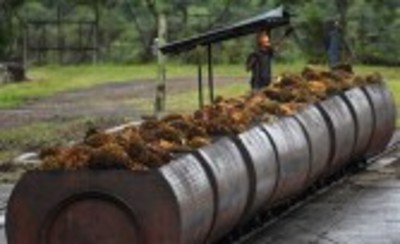
Industry giants such as Malaysia’s Sime Darby and Singapore’s Olam and Wilmar International are scrambling for fresh space in equatorial Africa.

It appears that the Bomi County operations of Sime Darby are being hindered as locals there are reportedly holding back lands leased by the government of Liberia to the company.
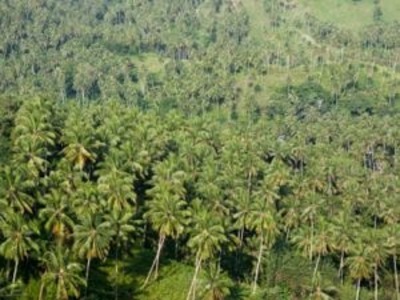
Indonesia's move to bring in a two-year moratorium on new palm oil plantations has seen agribusiness giants like Sime Darby switch expansion plans to Cameroon, Ghana and Liberia.
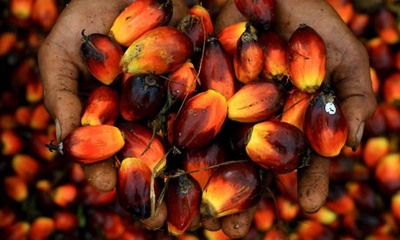
Asian palm oil producers are being accused of cashing in on Africa in their search to expand production
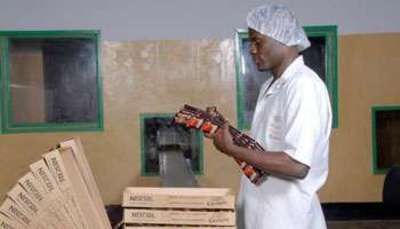
Fusions-acquisitions, achats de terres, coentreprises… Le continent attire des investisseurs venus de toute la planète, assurés d’y trouver la réponse à des besoins mondiaux en nourriture qui ne cessent d’augmenter. Tour d’horizon d’un grenier en devenir.
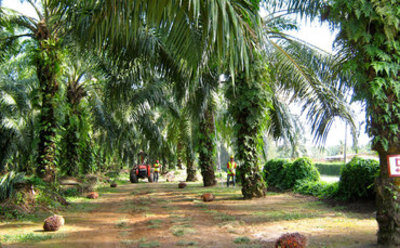
Mohd Bakke Salleh, president and group chief executive of Malaysian conglomerate Sime Darby, told reporters in Kuala Lumpur earlier today that the group has identified 300,000 hectares (ha) of land in Cameroon that could be suitable for palm oil plantation.
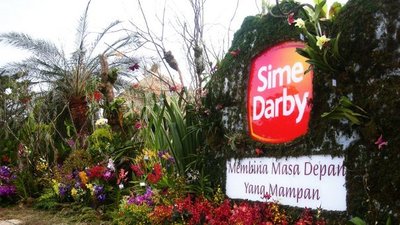
The world's biggest listed palm oil firm, is on the lookout for more land, in a move sure to fuel the global grab for arable land as food prices remain high.
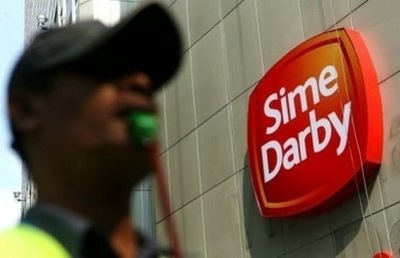
The company was granted a 220,000 ha concession in Liberia in 2009 and will begin planting oil palm on 10,000 hectares in April.
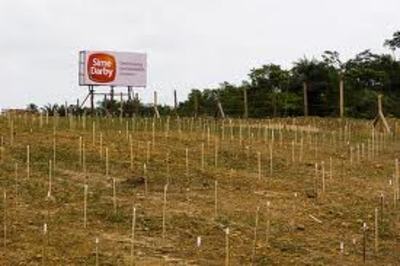
Locals in Liberia accuse company of illegally clearing their land and of poor labor and environmental practices.
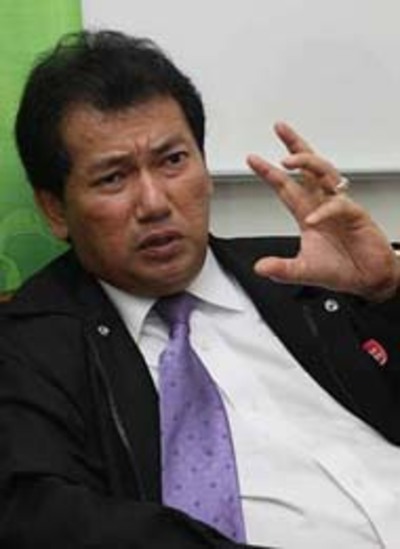
Sime Darby, which is expected to employ an estimated 22,000 Liberians over the next 10 years, will cultivate roughly 220,000 hectares of land in four counties including Gbarpolu, Bomi, Grand Cape Mount and Bong.